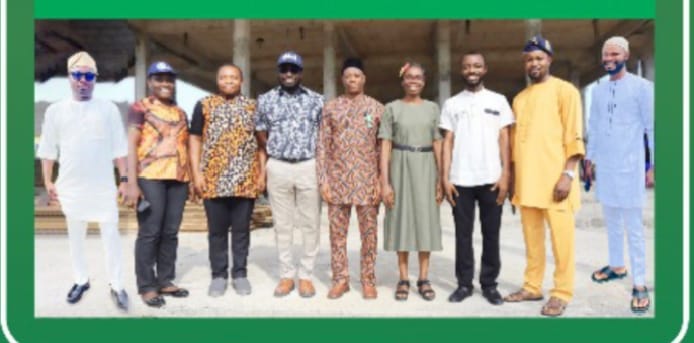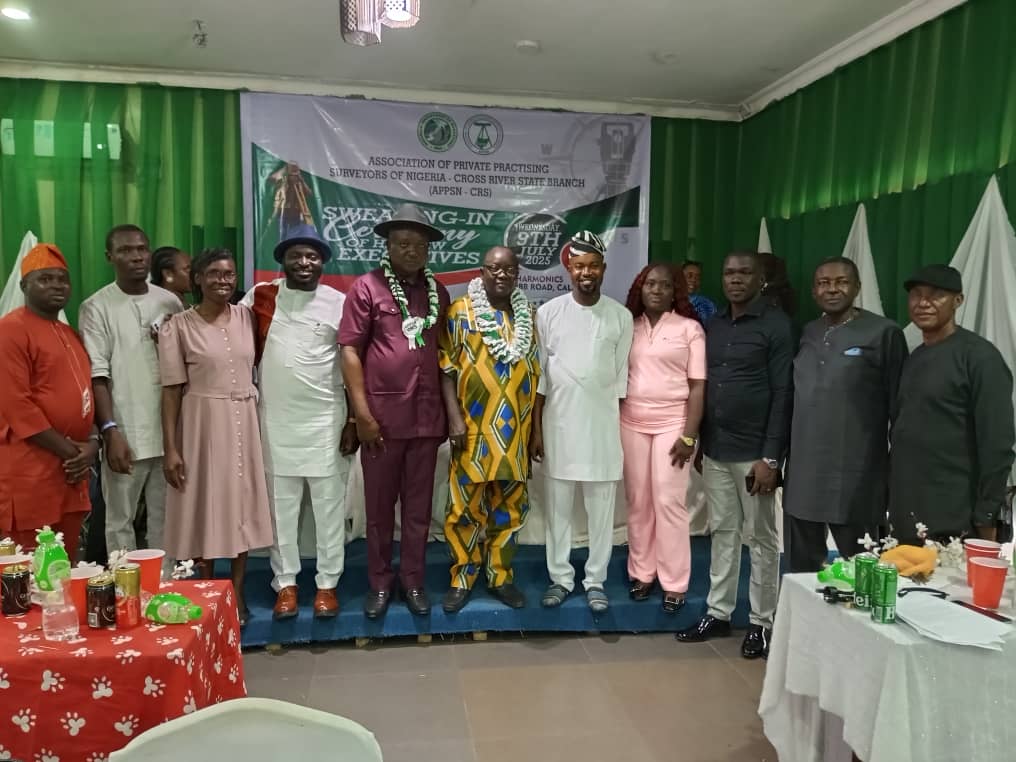Photo by Denis Oliveira
I first watched Breaking Bad a few years ago, after the show had completed its original run. During these past two months, I’ve rewatched the entire series, which–in light of the Trumpian reign of terror–seems oddly cathartic.
The locus of Breaking Bad is Albuquerque, New Mexico. Its protagonist is Walter White (Bryan Cranston), a downtrodden, underappreciated high school chemistry teacher. White, we learn, is a onetime scientific hotshot and had been a core founder of a startup business–an endeavor that made a fortune after his own ignoble exit, robbing him of money and prestige. He lives in a sort of purgatory.
White is suddenly faced with the catastrophic medical diagnosis of advanced, most likely fatal, cancer. A high school teacher has insurance coverage, of course, but in White’s case it is not adequate enough for the first-rate care that will potentially extend or save his life. The show presents this without editorializing or even explanation: It is simply understood that the system will not fully provide.
White taps into his reservoir of chemical expertise and—joining forces with his scabrous (and very funny) ex-student, Jesse Pinkman (played brilliantly by Aaron Paul)—begins to manufacture meth, ostensibly to cover his medical expenses and leave his family a nest egg when he’s gone. Breaking Bad chronicles White’s gradual, pathological transformation from teacher to ruthless criminal mastermind.
A survey of Breaking Bad’s many plot complexities and vast, vivid canvas of characters could fill a book. There is perhaps the most stunning montage I’ve ever seen, delineating the beginning of Walt and Jesse’s new business endeavor. Incongruously juxtaposed with a sprightly lounge-jazz tune and bright, cheery lyrics, Jesse makes his sales rounds amid desolate parking lots, a mostly empty laundromat, and the subsistence-level motels that can be found all over the United States. His meth-consuming clientele ranges from the rough-looking, the haggard, the sinister—and in one telling instance, the prosperous. It is life in these United States.
Breaking Bad loosely follows in the Godfather lineage, in which enshrined American archetypes are utilized for nefarious purposes. Vito Corleone arrives at Ellis Island with nothing, and thanks to his discipline, hard work, and foresight, rises to the top. It is the classic American success story. Likewise, Walter White, faced with catastrophe, takes a can-do attitude and uses his scientific skills to save himself and his family.
The Godfather canon also explicitly links organized crime to capitalist success: the idea that the Mafia is a business is an ongoing trope. This is made even more explicit in Breaking Bad. (And interestingly, both Michael Corleone and Water White start out as criminal neophytes, and both eventually out-brutalize hardened criminals.)
White has followed the classic entrepreneurial playbook by launching his own startup. This particular startup is illegal, but it mimics legitimate business models and harnesses those cherished concepts of “disruption” and “innovation.” His meth has a distinctive blue tint that makes for effective branding. The quality and purity of the product keep the customers coming back. White even brands himself with an attention-grabbing alias: Heisenberg, in a perverted homage to the German scientist-philosopher Werner Heisenberg.
White takes immense pride in his product, its purity, and in that blue tint. But like so many entrepreneurs, Walt and Jesse certainly have the technical know-how, yet are lacking in expertise when it comes to effective product distribution. It could be grist for a TED Talk.
In order to move their product, they enter into a business alliance with Gus Fring, the straitlaced, courteous owner of the Los Pollos Hermanos fast-food chicken chain: paragon of respectability, civic booster, friend of the police—and, in reality, a brutal drug kingpin.
Breaking Bad is set in a United States full of sinister nooks and crannies. The high school teacher produces meth. The friendly fast-food outlet is, in reality, a crime epicenter. Even the local vacuum cleaner store is the place of nefarious secrets. The proprietor of one such store—played by the late Robert Forster, in his final role—is known as the “disappearer.” For a large sum of money, he can provide you with an entirely new identity and place to live. The viewer is not privy to any backstory; we have no idea who this disappearer really is. All we have is shadowy conjecture.
In the Breaking Bad constellation, there are deceptions large and small, violence at every turn, white supremacists. The New Mexico desert is simply a utilitarian device to dispose of contraband or bodies.
Authority figures are inept: White is growing his burgeoning drug empire under the very nose of his brother-in-law, a highly placed drug enforcement agent. If they’re not inept, they’re part of the rot and grand deception. There is the twisted, cheerfully amoral lawyer and fixer Saul Goodman (titular character of the Better Call Saul spinoff) and the ruthless henchman Mike Ehrmantraut, who is a defrocked Philadelphia policeman.
Breaking Bad is a study in fear: If one enters Walter White’s orbit, the threats come from a wide array of sources. Nobody will help you. And it is strongly implied that nobody will help you, really, even if you stay out of Walter White’s orbit.
The United States as a whole is saturated with shadow and incongruity. Are there other countries this continuously frightened? We are being invaded by fearsome migrants, so ferocious as to eat household pets. There is ANTIFA, Black Lives Matter—posing threats nobody can define–Venezuelan gangs, a trans and gay “agenda”—which also has no definition–and a president who was secretly a Kenyan. We are being visited by UFOs that potentially bear the threat of annihilation—and the government knows this and is keeping the salient details hidden. In the outside world, we are beset with a growing list of lethal threats: Iran, China, North Korea, Cuba, Islamic fundamentalism. And in the Trump universe, even the dead have malevolent power: they vote, they collect Social Security benefits.
Breaking Bad is fiction and comes to a delineated conclusion—which may be why watching it has been cathartic. It is a startlingly accurate look at the twisted, frightened American psyche.
Our unfolding political and social catastrophe is, of course, very real. There is no conclusion, delineated or otherwise. In fact, this is just the beginning.
© Counter Punch






